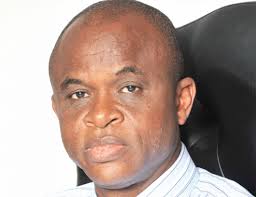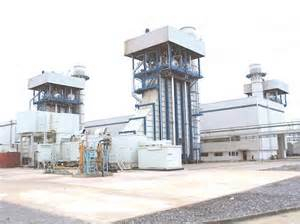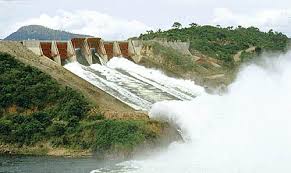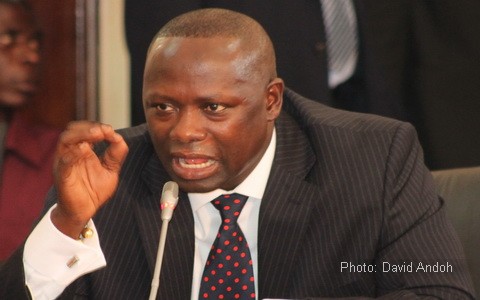
Government Inaugurates Second Gas Processing Plant (GPP2) Implementation Committee
The government has inaugurated an implementation committee for the construction of Ghana’s Second Gas Processing Plant (GPP II), a major national infrastructure project aimed at expanding domestic energy capacity, increasing industrial productivity, and establishing Ghana as a regional hub for gas processing.
The project is expected to significantly enhance Ghana’s gas processing capabilities, which currently stand at 120 million standard cubic feet per day (mmscfd) at the Atuabo Gas Processing Plant.
With rising demand from power generation and industrial sectors, the new plant will also help reduce estimated annual losses of USD 151 million from unprocessed natural gas liquids.
Addressing the media at the inauguration on Monday, the Minister for Energy & Green Transition, Mr John Abdulai Jinapor, expressed concern over the lack of additional gas processing facilities since the Atuabo plant was built, emphasizing the urgent need for a second plant to complement existing infrastructure.
He disclosed that Ghana’s heavy reliance on liquid fuel, which costs the nation over $1 billion every year, was an expense he deemed unsustainable.
He proposed an alternative solution, such as investing half of that amount ($500 million) into constructing the second gas processing plant.
“GPP II represents not just an energy project, but a national investment in our future. This Committee has the mandate to drive every aspect of implementation, from technical design to funding and stakeholder engagement, and ensure we proceed with confidence and clarity,” he added.
According to the minister, his shift would not only cover the plant’s development but also save the country $500 million annually by reducing fuel imports, adding that the project would create 1,500 direct and indirect jobs upon completion, further demonstrating its economic significance.
On his part, the Finance Minister, Dr. Cassiel Ato Forson, addressed the financial implications of Ghana’s reliance on light crude oil for thermal plants, noting that the over $1 billion spent annually on fuel imports was nearly three times the budget allocated for goods and services. He urged the committee to expedite its work, stating, “This project is crucial for our country, our welfare, and our economy.”
The Implementation Committee comprises representatives from the Ministries of Energy and Green Transition, Finance, Government Communications, GNPC, Ghana Gas, the private sector and civil society.
The committee is structured into three key bodies: a Steering Committee responsible for policy oversight and strategic approvals, a Core Technical Committee handling technical, commercial, legal, procurement, and financial matters, and a Communication & Social License Working Group focused on public engagement and community risk management.
What do you think about this story? Please leave a comment in the comment section
For event coverage, news publication, advertisement and general inquiry, please call 0208557965
END





